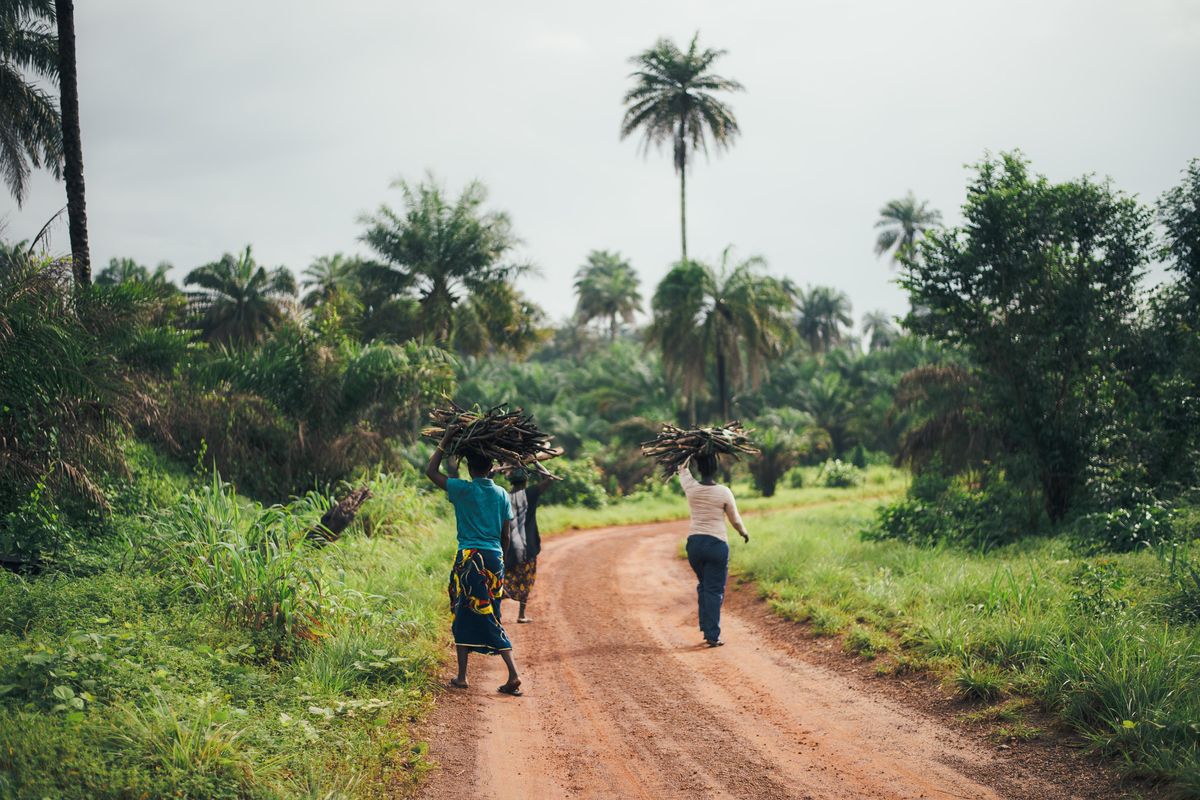How Covid-19 is impacting genital mutilation
When it comes to female genital cutting, a practice of which at least 4.1 million girls are at risk annually, stay-at-home orders, school closures, and loss of family livelihoods have had a major impact.

It will come as no surprise that Covid-19 has had a grave impact on all forms of gender-based violence, including female genital cutting (FGC). The "shadow pandemic" has occurred as a response to coronavirus and has exacerbated many of the drivers of violence against women and girls.
When it comes to female genital cutting, a practice of which at least 4.1 million girls are at risk annually, stay-at-home orders, school closures, and loss of family livelihoods have had a major impact. As the leader of an organization working in partnership with grassroots groups and activists globally, I've heard story after devastating story of how more girls are being cut as a result of Covid. UNFPA estimates at least 2 million more girls will be cut in the next decade due to pandemic-related programme disruption.
To make matters worse, the funding landscape for this issue is shrinking as resources are diverted to pandemic related interventions - at a time when increased support to end the cut is needed more than ever. When you factor in services for sexual and reproductive health being shut down because they are seen as "non-essential", it's clear to see how dire a situation has come about for girls and women.
However, there is some good news.
We know the best way to create change is from within. Families are increasingly aware of the harm being done to their daughters by cutting, and many would prefer to end the practice. But often, their community is stuck with it because it is a social norm and families who would individually prefer not to have their daughters cut, often fear their daughter will be stigmatized, or find it difficult to get married, unless they too have been cut.
That's why at Orchid Project ,we partner with local organizations and grassroots activists to support community-led approaches to end the cut. We help communities to build shared understanding about the effects of cutting, and help build trust that their daughter will not be socially disadvantaged if she is not cut. Many organizations and people working on the front-lines of the movement to end FGC have faced incredible challenges this year; lack of funds being the most acute of these hurdles. It has also demonstrated inclusion of female genital cutting in emergency response efforts is essential.
READ: The truth behind female genital cutting

Female genital mutilation is a form of gender based violence and it must be acknowledged
Some organizations we're proud to partner with have been able to pivot their work to prevent girls from being cut, while following Covid safety guidance. In Kenya, SAFE Samburu have gone on a socially-distanced tour in rural Kenya. They screened a series of films sharing human rights messages about the dangers of cutting, as well as information about HIV and Covid. They have also held smaller, socially distanced discussions in homesteads. In the US, our partner Sahiyo turned to digital advocacy to push for change to end cutting within South Asian communities.
A new Artificial Intelligence-driveapp, Mumkin, has also been launched to enable difficult conversations about cutting, especially in Dawoodi, Bohra, and South Asian communities. And others such as the Coalition on Violence Against Women (COVAW) (also in Kenya), have launched radio programming to share resources and information about why girls must remain uncut to ensure their futures.
The radio shows have support telephone lines where listeners can call in asking for help and advice. These interventions are encouraging, but they cannot continue without support and commitment from all. The UN has acknowledged the intersectionality of the Sustainable Development Goals, and how they cannot be achieved without realizing gender equality. Well, we cannot achieve gender equality without ending female genital cutting.
That's why we joined interventions such as the Global Resilience Fund, to ensure FGC is included in Covid responses. The practice must be recognized and included in interventions focused on gender-based violence, adolescent girls' agency, and women's empowerment, to name a few.
Cutting is a barrier to girls' education; it can be a precursor to child marriage, and can inhibit a woman's participation in the economy. With the majority of girls being cut under the age of five, it is also a child rights issue.
When girls remain uncut, they have greater opportunities to go to school, reach their potential and lead healthier, happier lives. If we're to achieve this and the Sustainable Development Goals by 2030, we must support grassroots, women-led efforts to end female genital cutting.
There is still time to act, and we must act now.
Grethe Petersen is the CEO of Orchid Project. To learn more about the work her and her team implement, or to get involved, you can visit their website here.


